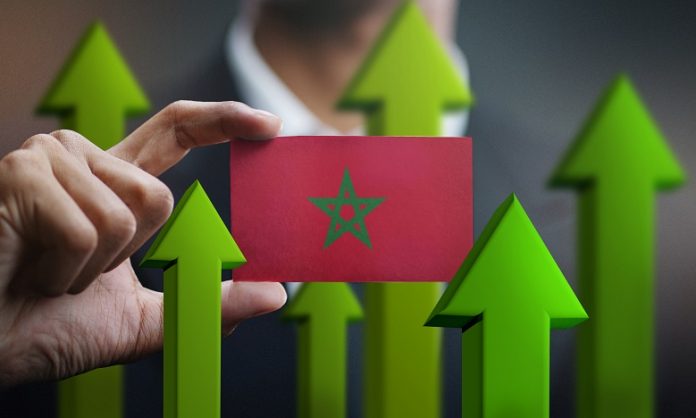Morocco is setting the stage for a transformed business climate by 2025, introducing initiatives to streamline and enhance the investor experience. With these new measures, Morocco aims to elevate its appeal for both domestic and international investments, supporting its broader economic goals.
Continuing the simplification process
The Moroccan government is committed to reducing red tape for investors in 2025, with a detailed action plan that includes collaboration with key stakeholders. This follows a significant study launched in February 2024 to simplify and optimize investor pathways, co-led by the ministers of Investment and Digital Transition.
Additionally, the government will push forward with its strategic roadmap—introduced in March 2023—in partnership with the National Investment Commission (CNI). This roadmap aims to make Morocco more investment-friendly by cutting administrative hurdles and boosting logistical competitiveness, aligning Morocco’s economy with global standards.
Putting the investment charter into action
Morocco’s Ministry of Investment is focusing on creating a unified framework to ensure that public policies support investment coherently and effectively. This initiative, which includes establishing national guidelines for policy convergence, seeks to bolster collaboration, strengthen coordination mechanisms, and set up a clear standard for evaluating public policies related to investment.
The 2022 Investment Charter plays a central role in this strategy. Designed to foster a transparent and attractive environment, the charter is built on three pillars: investment support, improved business climate, and unified governance across Morocco’s regions. By 2025, all necessary regulations and application measures for the Charter will be fully implemented, solidifying its role in Morocco’s investment landscape.
Launching the national investment observatory and expanding regional investment centers
By 2025, the technical groundwork will be complete for Morocco’s National Investment Observatory, an entity tasked with collecting and analyzing investment data to inform policy and strategy. Alongside this development, a comprehensive roadmap is being rolled out to reshape Regional Investment Centers (CRI), aiming to expand their role in supporting investors and promoting regional investment opportunities.
Over the last three sessions of the CNI, 74 investment agreements and amendments have been signed, representing over 51.6 billion dirhams in committed funds and projected to create 37,600 jobs. In addition, one major strategic project, supported by a dedicated investment incentive program, has already been approved, attracting 14 billion dirhams and promising 17,595 new jobs. Five other strategic projects, totaling more than 115 billion dirhams and expected to create 75,000 jobs, have also been identified.
Boosting Morocco’s economic appeal through strategic reform
These sweeping reforms reflect Morocco’s determination to position itself as a top destination for investors. By focusing on structural reform and efficient governance, Morocco is laying a solid foundation to accelerate economic growth, streamline investment pathways, and drive job creation on a large scale. Through strategic support, simplification, and transparency, Morocco is shaping a more accessible and rewarding landscape for investors by 2025.





